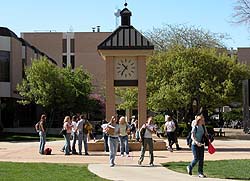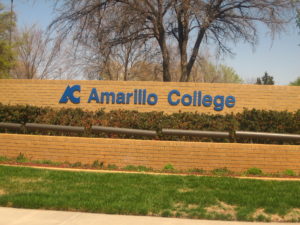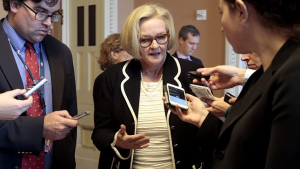Paul Matney pitched hard for approval of a downtown ballpark, reciting his belief that Amarillo is, indeed, a “baseball town.”
The retired Amarillo College president walked the point for approval of the multipurpose event venue in a nonbinding municipal referendum in November 2015. Amarillo voters listened and approved the MPEV by a narrow margin.
Now the real hard part might be coming to a fruitful conclusion for the city. It well might come in the form of a signed agreement to bring a AA baseball franchise to Amarillo — on the provision that the city proceed with construction of the MPEV.
Or … we might be getting ahead of ourselves.
City Councilman Randy Burkett wears another hat as a member of the Local Government Corporation that’s seeking to negotiate a deal to bring a team that currently plays ball in San Antonio. He sent out a message that suggested that a deal might be struck by Feb. 1.
Not so fast, said Jerry Hodge, chairman of the LGC board. The deal won’t be done by then and Hodge — a former Amarillo mayor — said he is “ashamed” of Burkett for speaking prematurely.
I want to embrace the Matney view of Amarillo returning to its baseball roots. Its unaffiliated baseball team has abandoned this city, which used to be home to franchises affiliated with Major League Baseball teams. The AirHogs left because of the rotten condition of Potter County Memorial Stadium, the venue known formerly as the Dilla Villa.
There appears to be a complicated set of negotiations going on. San Antonio is trying to bring a AAA team to replace the AA team that is slated to move out. The AA San Antonio Missions have indicated a desire to move to Amarillo.
Meanwhile, the LGC is seeking to nail that down, at which point the city hopes to begin construction on the MPEV that Matney and others worked so hard to win voter approval more than a year ago.
Before we can see an organization signing up to play hardball in Amarillo, it appears there needs to be some procedural work done. It might have to start with reeling in a city councilman who is getting ahead of himself and the rest of the city’s negotiating team.
I want Amarillo to have minor-league baseball. I want it to land a team that will play ball in a shiny new ballpark downtown. I want Paul Matney’s vision to become a reality.
But first, let’s all get on the same page.









